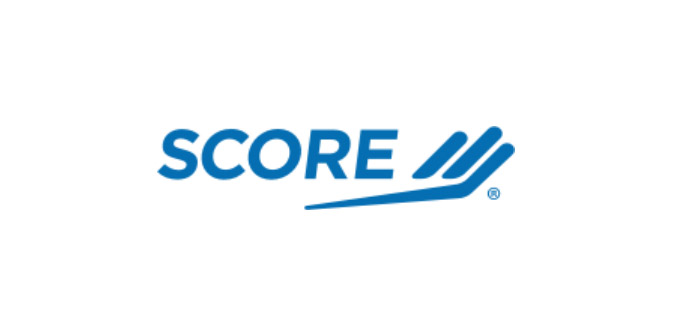Loan Options For Your Business
From traditional term loans to cash advances, small business owners have a lot of options when it comes to business loan financing. There are many factors that will determine the best loans for your business, including your qualifications, what you need the money for and how quickly you need it.
Below are several of the most common types of business loans, along with the major pros and cons of each.
SBA Loans
Offered by many banks and other lenders, the Small Business Administration guarantees SBA Loans. They offer some of the lowest interest rates you’ll find, along with extended repayment terms — up to 25 years in some cases — which make them an attractive option for many small businesses.
However, along with those benefits come some drawbacks — namely, more stringent requirements than non-SBA-backed loans, a long and fairly intense application process and longer wait times for receiving your funds.
There are different types of SBA Loans. You can use an SBA 7(a) loan for several purposes, including real estate, business supplies or working capital. SBA 504 loans help purchase major fixed assets. You can use SBA microloans for any purpose.
A similar entity here in Oregon is Biz Oregon, a state organization that can work with businesses to help find lending sources. You can access that at Oregon.gov/biz.
Merchant Cash Advances
Merchant cash advances are loans made against anticipated future sales. Also known as MCAs for short, this type of loan gives you an immediate lump sum that you can use right away without having to wait for the revenue to arrive.
You’ll generally repay an MCA by having a percentage of your credit card sales automatically withheld daily or with fixed payments — and automatic withdrawals — from your business bank account.
MCAs do offer quick access to cash without the typical loan approval process but beware, they can come with exorbitant interest rates.
Invoice Factoring
Think of invoice factoring like “cash advance” lending — you essentially sell future revenue in the form of outstanding invoices for a lump sum payment today. Once you sell the invoice, the lender takes on the responsibility of collecting on it.
Invoice factoring can be useful for immediate cash needs, but interest rates are typically very high.
Lines of Credit
A line of credit can provide access to capital only when you need it, as opposed to the lump sum you receive with a traditional loan. A line of credit can be a more flexible and economical way to borrow since you only pay interest on the money you actually draw against the credit line.
Term Loans
Term loans are one of the most common ways to finance your business. With a term loan, you borrow and repay a fixed sum with interest over time. You can find term loans at both traditional banks and many online lenders.
While term loans are generally a good bet if you have good credit, you still may be required to supply collateral — perhaps business assets — to protect the lender against default.
Equipment Loans
As you might expect, equipment loans are loans specifically used to purchase equipment. The term of the loan generally corresponds to the life span of the equipment it’s being used to purchase, which also typically serves as the loan’s collateral.
Business Credit Cards
Although not truly a “loan,” business credit cards can be used for short-term funding or to help manage cash flow. Beware, however, that interest rates on any balance you carry can be extremely high.
A SCORE Mentor Can Help You Choose the Best Loan for Your Business
Have more questions? Reach out to SCORE for free, expert mentoring and resources to guide you through your small business journey. Visit score.org to learn more. In addition, if you have managerial and/or business ownership experience and would like to consider giving back to the community by being a business mentor, please visit centraloregon.score.org and click on the “volunteer” button.





